An increasingly remote landscape means that hiring managers need to build resilience and adapt at pace to ensure they hire the best candidates for their company. With an increasing number of applications, this provides an excellent opportunity for companies to tap into an active and engaged talent pool. However, without a rigorous process in place to cope with these increasing surges, it can be an overwhelming reality to face.
Businesses need to overcome their initial challenges to determine the right pace of growth. Putting the right processes in place will support this growth to help to find the right candidates and enhance business performance.

The challenges of maintaining fairness in hiring at scale
The current pandemic has seen the volume of candidates soar, with a large percentage seeking remote work. A study suggests that since the start of remote working, 85% of millennials are seeking full time remote opportunities. Whereas for tech savvy Gen Zs, as they enter the global workforce, companies are expected to engage with a large number of these candidates remotely and efficiently. This can be challenging without the right structures in place to carry out a smooth and fair remote hiring process.
Challenge 1. Maintaining consistency
Since the shift to remote working, many companies have found difficulty in ensuring consistency throughout the hiring process. Those using traditional approaches of face to face interviews are now facing challenges in adapting. This is why Equitas focuses on instilling consistency and enhancing the remote experience for both the candidate and interviewer.
Interviews using a consistent approach are more likely to build incredible teams from diverse backgrounds. Structure is also crucial to effective interview campaigns and Equitas software provides several types of frameworks that can be used or tailored to your company’s values.
Challenge 2. Lack of diverse hires
Diversity and equality is vital in society and this should be reflected in the workplace, it is not a nice to have or a checkbox, it is a must have if companies want to succeed. Research suggests that diversity leads to greater productivity, creativity, and higher than average financial returns for companies. There is now an increased demand for diversity and inclusion from candidates and hiring managers, which is backed up by research from Glassdoor that shows 67% of candidates want to work in diverse teams and 78% of hiring managers rate diversity as an extremely important part of hiring. With this in mind, it is not just about increasing diversity in the workplace, but it is ensuring employees are equally represented with equal opportunities.
Challenge 3. Risk of bias
A lot of major companies make hiring decisions by relying on the gut instincts of their interviewers. A key problem that arises when relying on intuition is that you risk settling on biased decisions, your guess may either be lucky or wrong, and that could cost the company in the long run. This has been the norm for too long and it is now time to move away from guesswork and start building a case internally for fair hiring in order to influence diversity in the workplace.
Tips for hiring fairly at scale
#1 Have diversity and inclusion in mind
Diversity and inclusion is becoming more of a core focus for organisations, and it is important to reflect this throughout the whole hiring process. When it comes to attracting a diverse talent pool, a few strategies include posting on different job boards to widen your candidate search, or additional use of social media platforms.
Interviewing and assessment should be as collaborative as possible within your hiring teams. It could be beneficial to look beyond the hiring and recruitment team and take into consideration the different perspectives from team members and other departments to help reduce bias. A diverse hiring team can also encourage diversity, especially during the interview process. Candidates may feel more at ease engaging with people from different backgrounds and are more likely to want to work at your organisation.
#2 Create a fair interview process
Providing equal opportunities to all and creating a level playing field for candidates is crucial during the interview stage. All candidates should be provided the same information, given the same amount of time and be scored against the same criteria to ensure a fair process overall. When it comes to panel interviews, there should also be a diverse panel of interviewers to help avoid biased blind spots. During an interview, keep distractions, such as note taking, to a minimum in order to engage fully with the candidate and have a much more engaging conversation.
#3 Evidence based decisions
Scoring and evaluation should always be based on evidence from the candidate so that they are being assessed on their skills, expertise and experience. Voice-led interview softwares such as Equitas uses data from the interview to provide interviewers with evidence and fair scoring criteria from which to make more informed hiring decisions. This makes it easy to benchmark candidates and select the best fit for your company.
It is clear that organisations need to focus their efforts on putting processes in place to ensure fair hiring, especially when doing so at scale. With a dynamic business environment and a constantly changing workplace, the hiring process needs to reflect these changes. Analysis and review of your current processes will allow for the optimisation of your hiring and ensure that you are able to hire fairly at scale. A fair structured process that utilises data is a big step towards minimising the risk of bias and building more diverse teams that will contribute to the success of the business.
If you would like to find out more about how to hire fairly at scale get in touch to book a demo.


